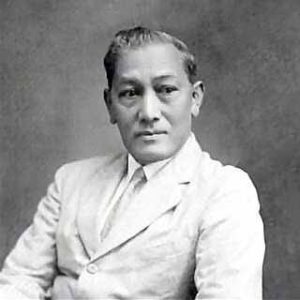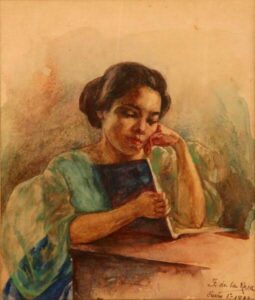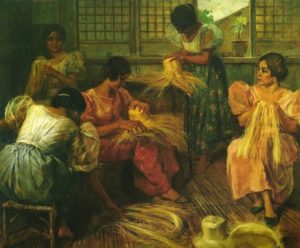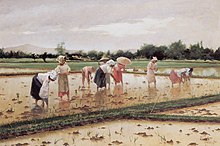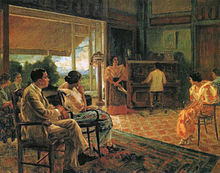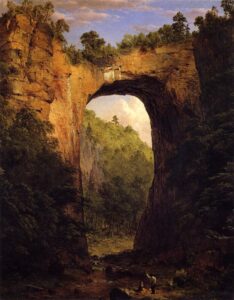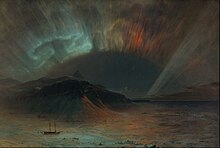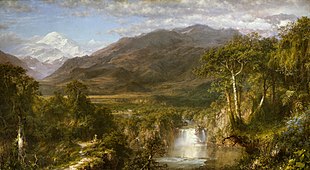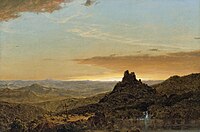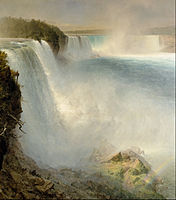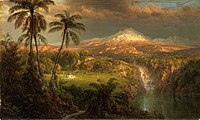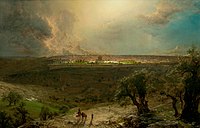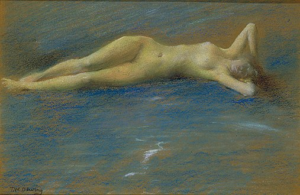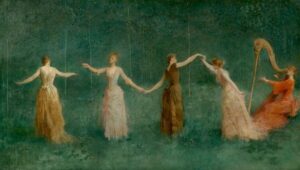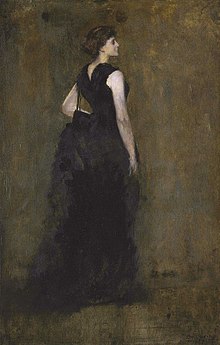Dear Zazie, Today’s Lovers’ Chronicle from Mac Tag. Check us out on twitter @cowboycoleridge. Rhett
The Lovers’ Chronicle
Dear Muse,
there is a song by Jimmy Buffett
“That’s ok we can skip it”
and there is the line from Love Story…
“Stop, you are killing me”
well since we cannot have that,
nice that we can turn comfortably,
without contortions, away from
all of the coulda, woulda, shoulda
“Yes my dear”
we are not wrong, we see it clearly
© copyright 2023 mac tag/cowboy coleridge all rights reserved
turns out
it is a good place
c’mon now
y’all gotta keep up
if we were into forgiveness
around here we would
but we are not
so we will not
not denyin’ fault
you can lay that here
all the live long day
worry not
i know the way
and i will not
lose focus
© copyright 2022.2023 mac tag/cowboy coleridge all rights reserved
a place now where
sorry is not needed
where it means…
no, worry not,
not goin’ there
what i said, what i did
all intricately woven
into a tapestry of
right time findin’
the right one
and though time
may not favor
it does not matter
whatever is left
will be enough
© copyright 2021.2023 mac tag/cowboy coleridge all rights reserved
this will be easy
goin’ back to write
to capture that feelin’
it will write itself
betrayal, disbelief
wrapped around
what the hell
no explanation
let the wall down
without knowin’
if there was a back door
damnit
now gotta see if this new
ushered in numbness
can be a good place
© copyright 2020.2023 mac tag/cowboy coleridge all rights reserved
need not ask
where fault lies
how did it feel,
what was said
the night we left,
seated on the edge
of our bed muted
in the low light
the distance
from there to here
the distance
between
inspiration
is measurable
by the distance
from one moment
to the next
thinkin’ of you
© copyright 2019 mac tag/cowboy coleridge all rights reserved
what was said
and done
and what was not
if done could be
undone
if said could be
unsaid
almost did
what shoulda been done
almost said
what shoulda been said
i thought we had
world enough and time
i was wrong
…………
see it clearly
the night comin’
reach for it
© copyright 2018 mac tag/cowboy coleridge all rights reserved
i had it
it was right there
i even repeated it
aloud thinkin’ that
would help keep it
but i lost it, no doubt
because i am tired
it was about devotion
and sayin’ sorry
and how you
never need do that
i only expect you
to be you
and accept
what i write for you
© copyright 2017 mac tag/cowboy coleridge all rights reserved
he could see it clearly
the night that was comin’
his eyes and his thoughts
reached for it
© copyright 2016 Mac Tag all rights reserved
I am sorry for what I did and did not do I am sorry for what I said and did not say If I could undo what I did I would If I could not say what I said I would If I could do what I should have done I would If I could say what I should have said I would I almost did what I should have done I almost said what I should have said I thought there would be a better time and place I thought we had world enough and time I was wrong Mea culpa, mea maxima culpa © copyright 2012 Mac Tag/Cowboy Coleridge all rights reserved
Georges Braque, 1908, photograph published in Gelett Burgess, The Wild Men of Paris, Architectural Record, May 1910
|
Today is the birthday of Georges Braque (Argenteuil 13 May 1882 – 31 August 1963 Paris); painter, collagist, draughtsman, printmaker and sculptor. In my opinion, his most important contributions to the history of art were in his alliance with Fauvism from 1906, and the role he played in the development of Cubism. Braque’s work between 1908 and 1912 is closely associated with that of his colleague Pablo Picasso. Their respective Cubist works were indistinguishable for many years, yet the quiet nature of Braque was partially eclipsed by the fame and notoriety of Picasso.






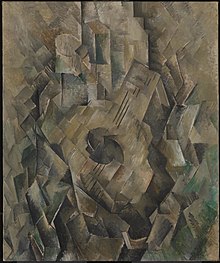

-

1908, Plate and Fruit Dish, oil on canvas, 46 x 55 cm, private collection
-
1908–09, Fruit Dish, oil on canvas, 54 x 65 cm, Moderna Museet, Stockholm
-

1909, Port en Normandie (Little Harbor in Normandy), 81.1 x 80.5 cm, The Art Institute of Chicago
-
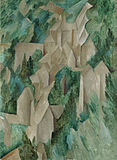
1909, La Roche-Guyon, le château (The Castle at Roche-Guyon), oil on canvas, 80 x 59.5 cm, Moderna Museet, Stockholm
-

1909–10, Pitcher and Violin, oil on canvas, 116.8 x 73.2 cm, Kunstmuseum Basel
-

1910, Femme tenant une Mandoline, 92 x 73 cm, Bavarian State Painting Collections
-
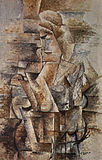
1910, Portrait of a Woman, Female Figure (Torso Ženy), oil on canvas, 91 x 61 cm, private collection
-

1911, Nature morte (Still Life), Reproduced in Du “Cubisme”, by Albert Gleizes and Jean Metzinger, 1912
-
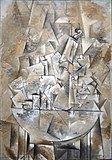
1911, Nature Morte (The Pedestal Table), oil on canvas, 116.5 x 81.5 cm, Georges Pompidou Center, Paris
-

1911–12, Girl with a Cross, oil on canvas, 55 x 43 cm, Kimbell Art Museum, Fort Worth, Texas
-

1911–12, Man with a Guitar (Figure, L’homme à la guitare), oil on canvas, 116.2 x 80.9 cm (45.75 x 31.9 in), Museum of Modern Art, New York
-
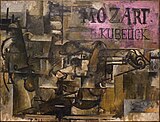
1912, Violin: “Mozart Kubelick”, oil on canvas, 45.7 x 61 cm, Metropolitan Museum of Art
-

1913, Nature morte (Fruit Dish, Ace of Clubs), oil, gouache and charcoal on canvas, 81 x 60 cm (31.8 x 23.6 in), Musée National d’Art Moderne, Centre Georges Pompidou, Paris
-

1913, Femme à la guitare (Woman with Guitar), oil and charcoal on canvas, 130 × 73 cm, Musée National d’Art Moderne, Centre Pompidou, Paris
-

1913–14, Still Life on a Table (Duo pour Flute), oil on canvas, 45.7 × 55.2 cm, Lauder Cubist Collection, Metropolitan Museum of Art, New York
-

1914, Violon et verre (Violin and Glass), oil, charcoal and pasted paper on canvas, oval, 116 x 81 cm, Kunstmuseum Basel
-

1914, Man With a Guitar, oil on canvas, 130 x 73 cm, Musée National d’Art Moderne, Centre Georges Pompidou, Paris
-
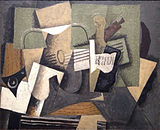
1918, Rhum et guitare (Rum and Guitar), oil on canvas, 60 x 73 cm, Colección Abelló, Madrid
| Dame Daphne du Maurier DBE | |
|---|---|
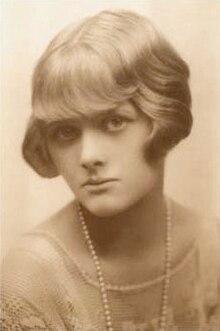
du Maurier (about 1930)
|
|
Today is the birthday of Dame Daphne du Maurier, Lady Browning, DBE (London; 13 May 1907 – 19 April 1989 Fowey, Cornwall, England); author and playwright.
Although she is classed as a romantic novelist, her stories seldom feature a conventional happy ending and have been described as “moody and resonant” with overtones of the paranormal. These bestselling works were not at first taken seriously by critics, but have since earned an enduring reputation for storytelling craft. Many have been successfully adapted into films, including the novels Rebecca, My Cousin Rachel, and Jamaica Inn, and the short stories “The Birds” and “Don’t Look Now/Not After Midnight”.
Du Maurier spent much of her life in Cornwall, where most of her works are set. As her fame increased, she became more reclusive.
Du Maurier married Major (later Lieutenant-General) Frederick “Boy” Browning in 1932. Biographers have noted that du Maurier’s marriage was at times somewhat chilly and that she could be aloof and distant to her children, especially the girls, when immersed in her writing. Her husband died in 1965 and soon after Daphne moved to Kilmarth, near Par, Cornwall, which became the setting for The House on the Strand.
After her death in 1989, references were made to her reputed bisexuality. An alleged affair with Gertrude Lawrence, as well as her attraction to Ellen Doubleday, the wife of her U.S. publisher Nelson Doubleday, were cited. The Daphne du Maurier Companion, edited by Helen Taylor, includes Taylor’s claims that du Maurier confessed to her in 1965 that she had had an incestuous relationship with her father and that he had been a violent alcoholic.
In correspondence that her family released to biographer Margaret Forster, du Maurier explained to a trusted few people her own unique slant on her sexuality: her personality comprised two distinct people – the loving wife and mother (the side she showed to the world); and the lover (a “decidedly male energy”) hidden from virtually everyone and the power behind her artistic creativity. According to Forster’s biography, du Maurier believed the “male energy” propelled her writing.
Du Maurier died at her home in Cornwall, which had been the setting for many of her books. Her body was cremated and her ashes scattered off the cliffs at Fowey, Kilmarth, Cornwall.
“The road to Manderley lay ahead. There was no moon. The sky above our heads was inky black. But the sky on the horizon was not dark at all. It was shot with crimson, like a splash of blood. And the ashes blew towards us with salt wind from the sea.”
“Women want love to be a novel. Men, a short story.”
“We’re not meant for happiness, you and I.” Rebecca
Mac Tag
Between men and women there is no friendship possible. There is passion, enmity, worship, love, but no friendship. – Oscar Wilde
Kiss me and you will see how important I am. – Sylvia Plath
Love consists of not looking each other in the eye, but of looking outwardly in the same direction – Anais Nin
There is for every man some one scene, some one adventure, some one picture that is the image of his secret life. – WB Yeats

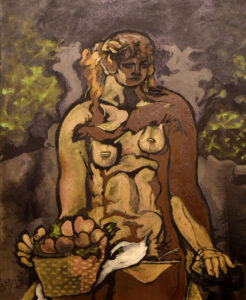
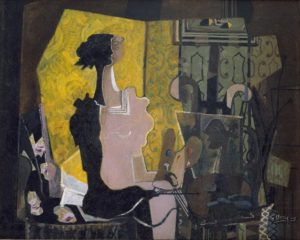


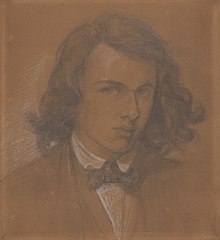


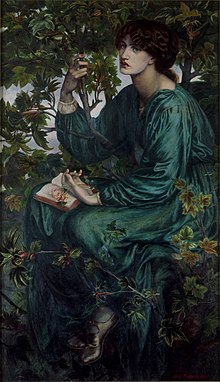



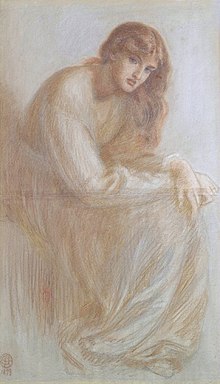
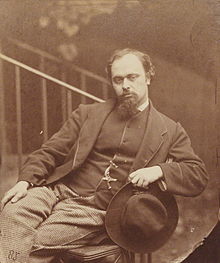





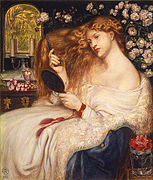







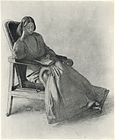
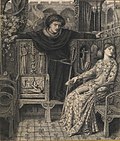
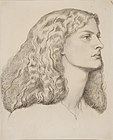





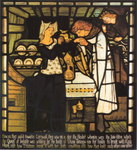



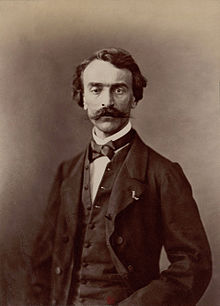

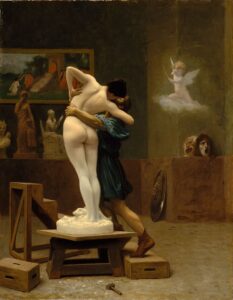
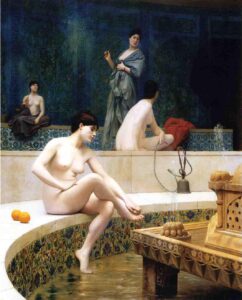
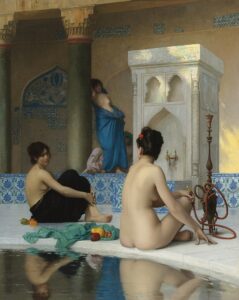
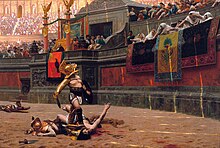






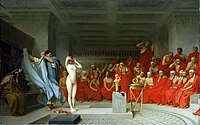


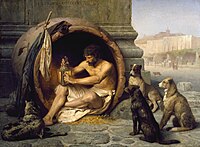



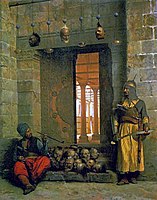



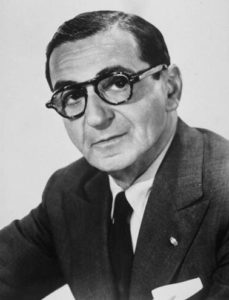 Today is the birthday of Irving Berlin (born Israel Isidore Baline, Russia, May 11, 1888 – September 22, 1989 New York City); composer and lyricist, in my opinion, one of the greatest songwriters in American history. His music forms a significant part of the Great American Songbook. His compositions include; “Alexander’s Ragtime Band”, “White Christmas”, “There’s No Business Like Show Business”, “God Bless America”, “When I Lost You”, “Blue Skies”, “Puttin’ on the Ritz”, “Anything You Can Do”, “Cheek to Cheek”, and “Always”.
Today is the birthday of Irving Berlin (born Israel Isidore Baline, Russia, May 11, 1888 – September 22, 1989 New York City); composer and lyricist, in my opinion, one of the greatest songwriters in American history. His music forms a significant part of the Great American Songbook. His compositions include; “Alexander’s Ragtime Band”, “White Christmas”, “There’s No Business Like Show Business”, “God Bless America”, “When I Lost You”, “Blue Skies”, “Puttin’ on the Ritz”, “Anything You Can Do”, “Cheek to Cheek”, and “Always”.
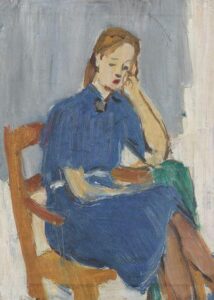

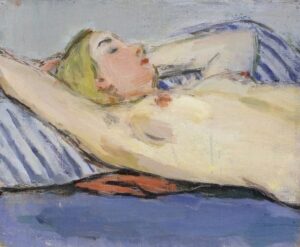





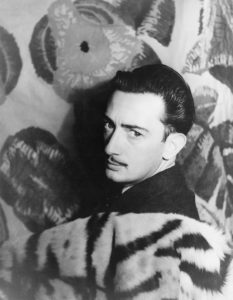 Today is the birthday of Salvador Dalí (Salvador Domingo Felipe Jacinto Dalí i Domènech, 1st Marquis of Dalí de Púbol; Figueres, Catalonia, Spain; 11 May 1904 – 23 January 1989 Figueres); surrealist painter.
Today is the birthday of Salvador Dalí (Salvador Domingo Felipe Jacinto Dalí i Domènech, 1st Marquis of Dalí de Púbol; Figueres, Catalonia, Spain; 11 May 1904 – 23 January 1989 Figueres); surrealist painter.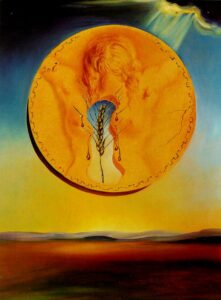
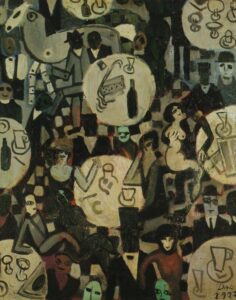
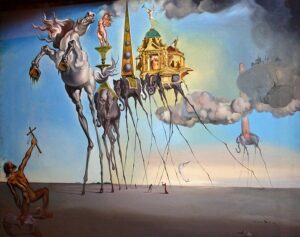
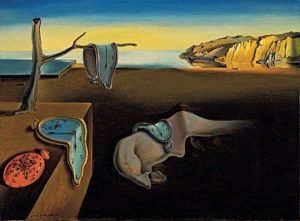
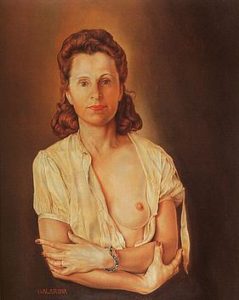
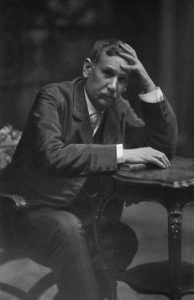 Today is the birthday of Benito Pérez Galdós (Las Palmas de Gran Canaria, Canary Islands, Spain; May 10, 1843 – January 4, 1920 Madrid); realist novelist. In my opinion, second only to Cervantes in stature as a Spanish novelist. He was the leading literary figure in 19th century Spain. He remains popular in Spain, and it is considered an equal to Dickens, Balzac and Tolstoy.
Today is the birthday of Benito Pérez Galdós (Las Palmas de Gran Canaria, Canary Islands, Spain; May 10, 1843 – January 4, 1920 Madrid); realist novelist. In my opinion, second only to Cervantes in stature as a Spanish novelist. He was the leading literary figure in 19th century Spain. He remains popular in Spain, and it is considered an equal to Dickens, Balzac and Tolstoy.
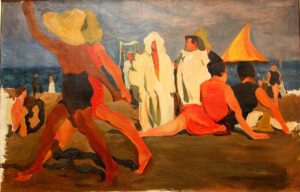
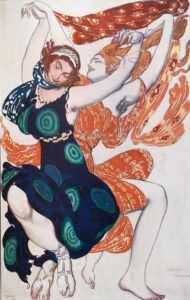
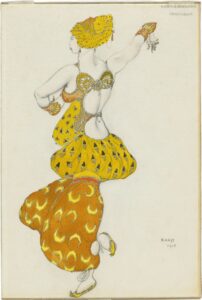




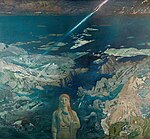

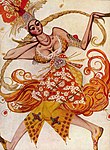

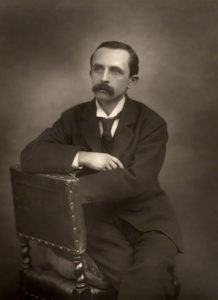
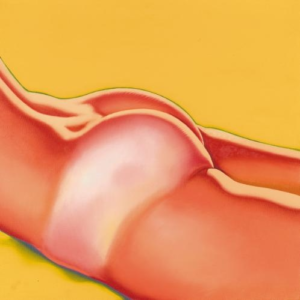
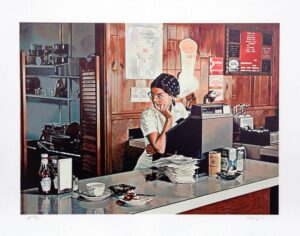

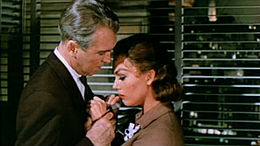 On this day In 1958
On this day In 1958
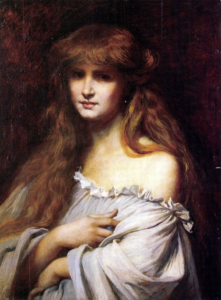
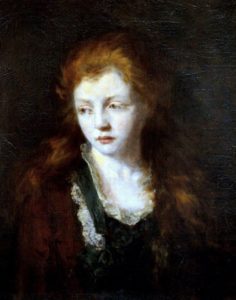
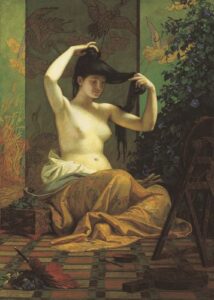

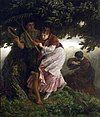
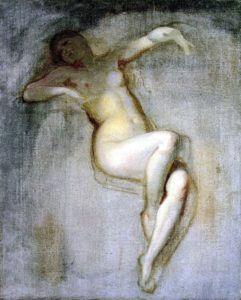
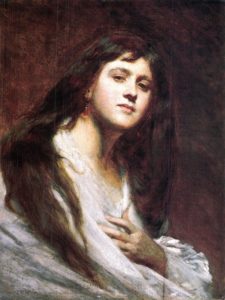
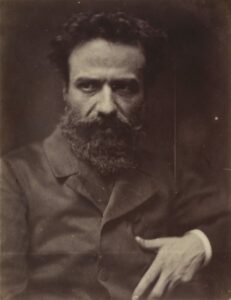
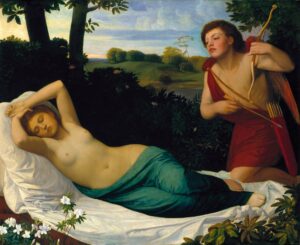
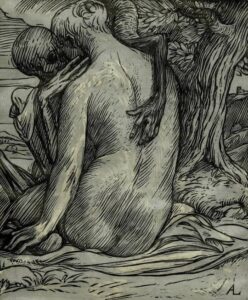
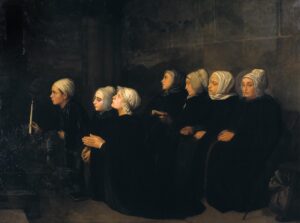
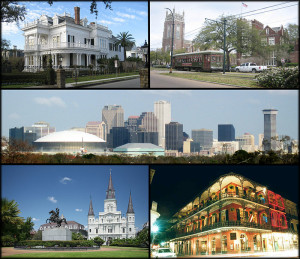

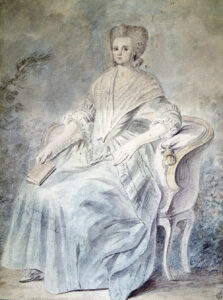
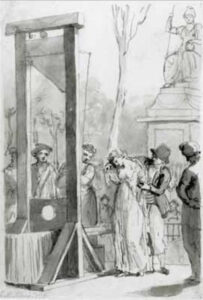
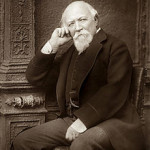 Today is the birthday of Robert Browning (Camberwell 7 May 1812 – 12 December 1889 Venice); poet and playwright whose mastery of the dramatic monologue made him one of the foremost Victorian poets. His poems are known for their irony, characterization, dark humour, social commentary, historical settings, and challenging vocabulary and syntax. In 1846 Browning married the older poet Elizabeth Barrett, who at the time was considerably better known than himself. So started one of history’s most famous literary marriages. They went to live in Italy, a country he called “my university”, and which features frequently in his work.
Today is the birthday of Robert Browning (Camberwell 7 May 1812 – 12 December 1889 Venice); poet and playwright whose mastery of the dramatic monologue made him one of the foremost Victorian poets. His poems are known for their irony, characterization, dark humour, social commentary, historical settings, and challenging vocabulary and syntax. In 1846 Browning married the older poet Elizabeth Barrett, who at the time was considerably better known than himself. So started one of history’s most famous literary marriages. They went to live in Italy, a country he called “my university”, and which features frequently in his work.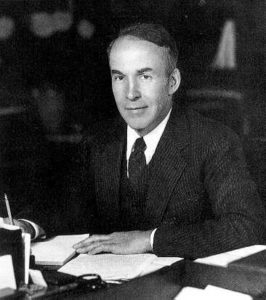 And today is the birthday of Archibald MacLeish (Glencoe, Illinois, May 7, 1892 – April 20, 1982 Boston); poet, writer, and the Librarian of Congress. He is associated with the Modernist school of poetry. He received three Pulitzer Prizes for his work.
And today is the birthday of Archibald MacLeish (Glencoe, Illinois, May 7, 1892 – April 20, 1982 Boston); poet, writer, and the Librarian of Congress. He is associated with the Modernist school of poetry. He received three Pulitzer Prizes for his work.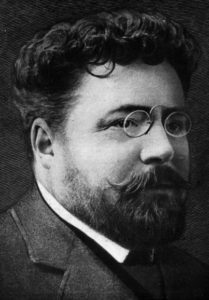 Today is the birthay of Gaston Leroux (Gaston Louis Alfred Leroux, Paris, 6 May 1868 – 15 April 1927 Nice); journalist and author. In the English-speaking world, perhaps best known for writing the novel The Phantom of the Opera (Le Fantôme de l’Opéra, 1910). Le Fantôme de l’Opéra was first published as a serialization in Le Gaulois from 23 September 1909, to 8 January 1910. It was published in volume form in late March 1910 by Pierre Lafitte. The novel is partly inspired by historical events at the Paris Opera during the nineteenth century and an apocryphal tale concerning the use of a former ballet pupil’s skeleton in Carl Maria von Weber’s 1841 production of Der Freischütz. It has been successfully adapted into various stage and film adaptations, most notable of which are the 1925 film depiction featuring Lon Chaney, and Andrew Lloyd Webber’s 1986 musical. The love story triangle between the Phantom, Christine and Raoul, is one of my favorite books. His 1907 novel Le mystère de la chambre jaune (The Mystery of the Yellow Room) is one of the most celebrated locked-room mysteries.
Today is the birthay of Gaston Leroux (Gaston Louis Alfred Leroux, Paris, 6 May 1868 – 15 April 1927 Nice); journalist and author. In the English-speaking world, perhaps best known for writing the novel The Phantom of the Opera (Le Fantôme de l’Opéra, 1910). Le Fantôme de l’Opéra was first published as a serialization in Le Gaulois from 23 September 1909, to 8 January 1910. It was published in volume form in late March 1910 by Pierre Lafitte. The novel is partly inspired by historical events at the Paris Opera during the nineteenth century and an apocryphal tale concerning the use of a former ballet pupil’s skeleton in Carl Maria von Weber’s 1841 production of Der Freischütz. It has been successfully adapted into various stage and film adaptations, most notable of which are the 1925 film depiction featuring Lon Chaney, and Andrew Lloyd Webber’s 1986 musical. The love story triangle between the Phantom, Christine and Raoul, is one of my favorite books. His 1907 novel Le mystère de la chambre jaune (The Mystery of the Yellow Room) is one of the most celebrated locked-room mysteries.
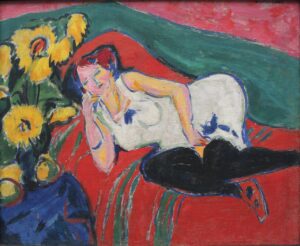
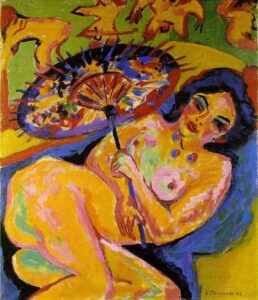





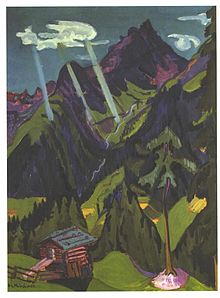


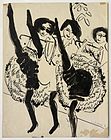
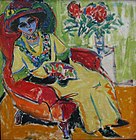

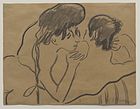


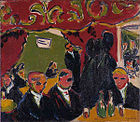



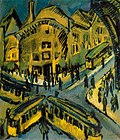







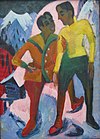







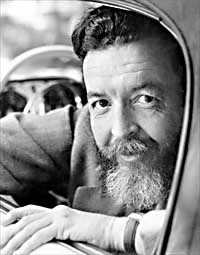 Today is the birthday of Randall Jarrell
Today is the birthday of Randall Jarrell